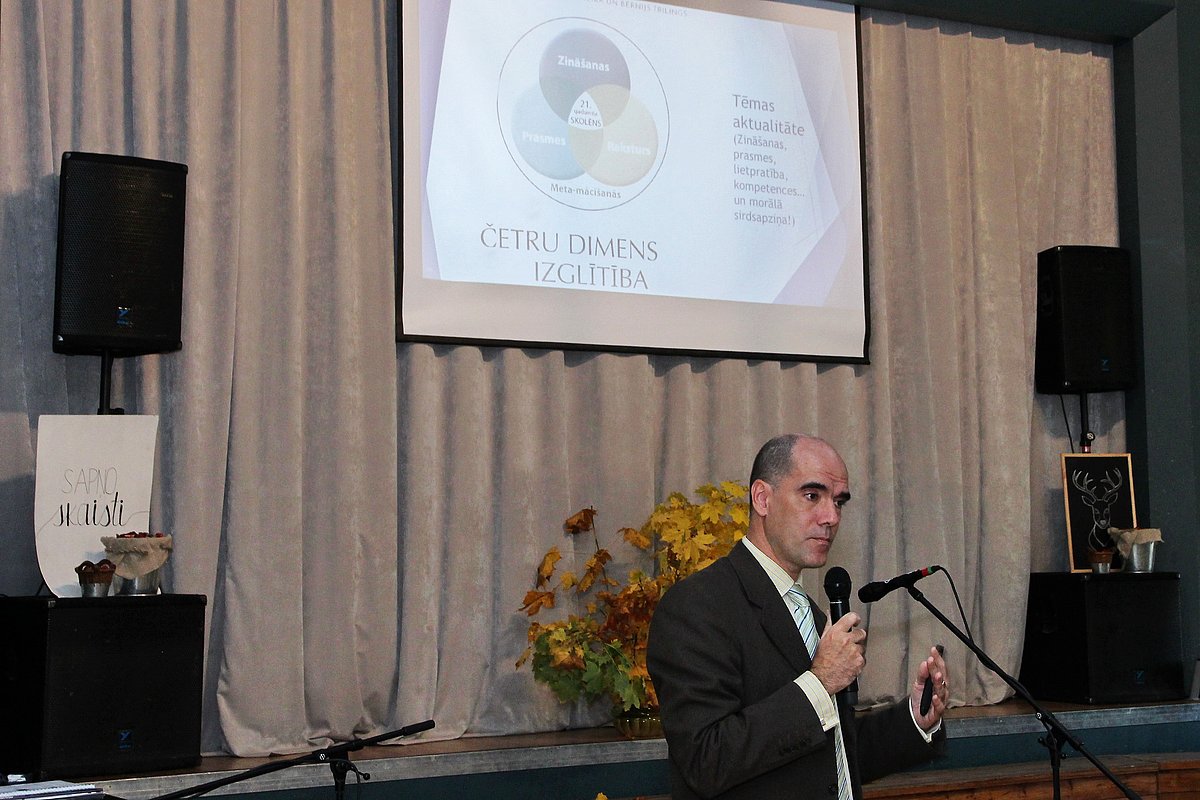
The quality of the involvement of respondents in this study indicates its relevance and necessity. The research was carried out in the context of the Guidelines on moral education in Latvian schools included in Latvian legislation (15.07.2016 Cabinet of Ministers Regulations No. 480), considering also the guidelines of the current educational content reform project "School2030". The research questions presented in this report are as follows:
- Is pupils’ moral upbringing a part of the role of teachers?
- Can pupils develop their character in classroom lessons?
- Should schools encourage pupils to develop moral habits, or should they focus on academic achievement?
- Are young teachers properly prepared for doing character education?
Respondents also answered the following questions:
- How to promote pupils' moral character development?
- How to prepare and support teachers for this work?
- How to promote family-school collaboration in this field?
The scientific quality of the research is high. It was carried out by an expert of the Latvian Council of Science, leading researcher and former director of the Pedagogical Research Institute, Doctor of Education Manuel Fernandez within the framework of his postdoctoral project. The study uses an internationally validated questionnaire developed by the Demos Research Agency (UK). The reliability of the obtained data was tested using the Cronbach alpha test (α =,827, very high). The research is representative at the scale of Latvia and each region, as well as in each of the above-mentioned groups of respondents. Data analysis was done using modern software: "SPSS 22" for quantitative data analysis and "NVivo 11 Plus" for analysis of respondents' statements.
The report is structured in five parts: a summary of respondents' opinions (1/5), the opinions of parents (2/5), teachers (3/5), prospective teachers (4/5), and heads of schools and education administrations (5/5). The report highlights common trends and statistically significant differences between regions and sectors, but results are presented concisely – without interpretation. However, in the exposition of results, some of the respondents’ comments that illustrate the main trends are presented.
This material is an important contribution to understanding the views and needs of the actors of the Latvian education system in the development of moral habits of pupils. The report presents a valuable material for personal reflection and gives the opportunity to discuss it in the family, teacher meetings, school leaders' seminars and discussions among policy makers in education, as well as with academic staff dealing with in-service and pre-service teacher training.

 CONFERENCE
CONFERENCE